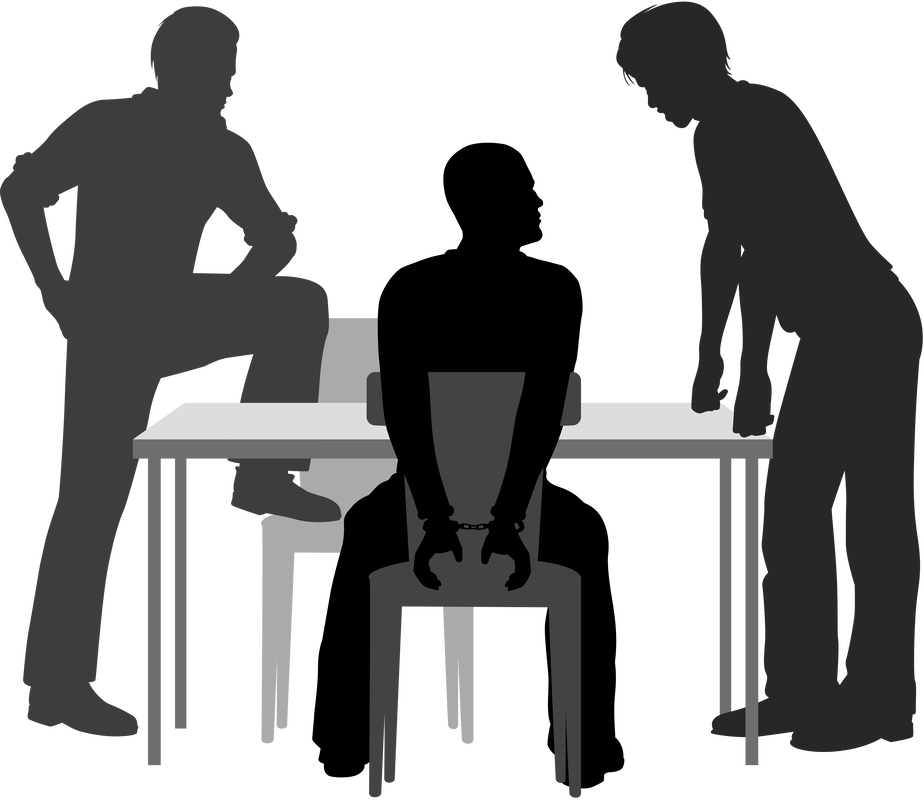|
The bill was introduced in response to a state investigation that found police used fake forensic evidence during interrogations. Virginia Republicans in the state's House of Delegates voted down a bill in committee last Friday that would've prohibited Virginia police from using false documents when interrogating suspects.
Delegate Jackie Glass (D–Norfolk) sponsored House Bill 1281 after former Virginia Attorney General Mark Herring revealed in January that the Virginia Beach Police Department had forged forensic science reports at least five times for use in interrogations. After an investigation by the Virginia Office of Civil Rights, the city and the department agreed to end the practice. Glass's bill would've prohibited police from using "any document generated by law-enforcement officers or their agents that (i) contains a false statement, signature, seal, letterhead, or contact information or (ii) materially misrepresents any fact" when conducting "a custodial interrogation to secure from any person his cooperation or confession or to secure a conviction." Republicans, who have a majority in the Virginia House and killed the bill in the Courts of Justice subcommittee, defended the practice of using fake documents, arguing that the criminal justice system should prioritize the needs of victims over defendants and that falsified evidence gives police an additional tool to coerce confessions. "How many times has this been used to find out about a murder, find out about a rape, find out about a break in?" Del. Wren Williams (R–Patrick) said according to a report in the Daily Press. "Aren't we supposed to be using the justice system to make it just for our victims?" Madison County Attorney Clarissa Berry (I) reportedly opposed the bill because "whether or not a confession is coerced is a matter for the trial court to take up." Ramin Fatehi, Norfolk Commonwealth Attorney, told the subcommittee that allowing police to forge documents gives police too much license. "We agree the Constitution allows the police to lie to people and sometimes this is a necessary investigative tool. But forging documents goes too far." Although Virginia Republicans claim that allowing police to lie can help the police solve crimes, this tactic can easily be used by corrupt officers to put innocent people in prison. An infamous instance of this happened when the New York State Troop C Scandal resulted in an innocent man, John Spencer, being sent to prison for murder over completely fabricated evidence. Police lifted Spencer's fingerprints and attached them to evidence cards they claimed they found at the scene of the murder. The Innocence Project, a legal organization that seeks to investigate and overturn wrongful convictions, rebuts the claim that these tactics are never misused. "Many of the nation's more than 360 wrongful convictions overturned by DNA evidence involved some form of a false confession," The Innocence project says. Those false confessions are often the result of "[d]evious interrogation techniques, such as untrue statements about the presence of incriminating evidence." Herring said in January that his office would contact those defendants whose cases were affected by the use of forged documents. "This was an extremely troubling and potentially unconstitutional tactic that abused the name of the Commonwealth to try to coerce confessions," Herring said in a statement.
0 Comments
Leave a Reply. |
HISTORY
April 2024
Categories |
© Walk 4 Change. All rights reserved.


 RSS Feed
RSS Feed